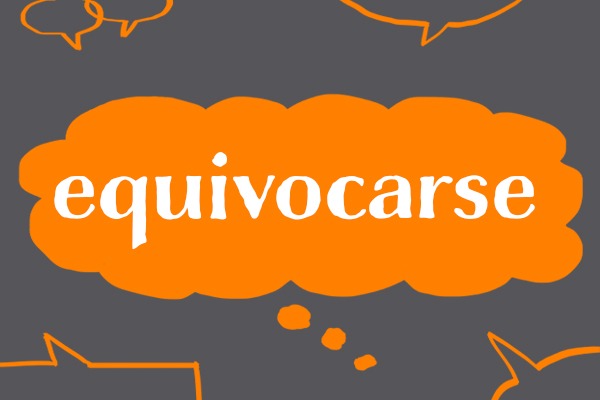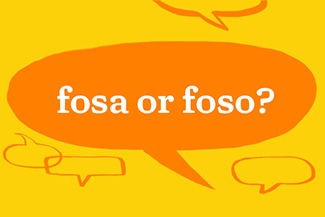This week’s Spanish word of the week is equivocarse.
Equivocarse is a verb that means to make a mistake; to be wrong and you can find out how to pronounce it here:
function playAudio(url) { new Audio(url).play(); }Making a mistake and being wrong are two sides of the same coin, and Spanish uses the reflexive verb equivocarse for both.
He vuelto a equivocarme. I’ve made a mistake again.
Me equivoqué muchas veces en el examen. I made a lot of mistakes in the exam.
Note how the –c changes to a –qu in the example above.
Equivocarse can mean to be wrong in an absolute sense:
Si crees que te voy a dejar ir, te equivocas. If you think I’m going to let you go, you’re wrong or you’re mistaken.
And if you’re wrong about something in particular, the preposition you need is de:
Nos equivocamos de hora y llegamos tarde. We got the time wrong and we arrived late.
Equivocarse de is also what you use when you dial a wrong number:
Perdone, me he equivocado de número. Sorry, I’ve dialled the wrong number.
Come back next week for another insight into Spanish vocabulary!



